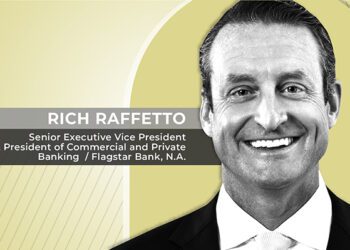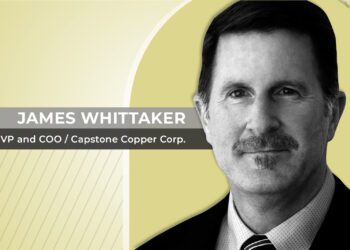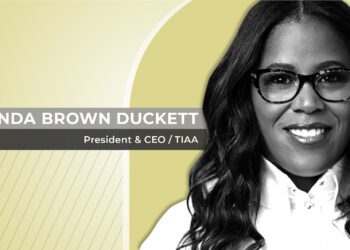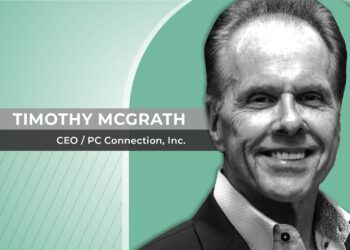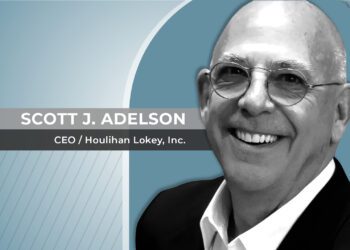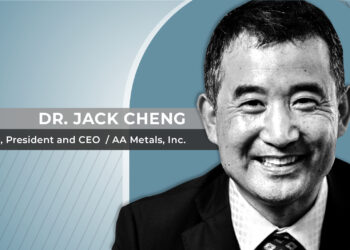Meet the brain behind Google’s most groundbreaking product innovations, and now, the man in charge.
If you use Gmail, Chrome, Android, Search, ATAP or Google Drive, you have Sundar Pichai to thank. There is likely no individual at Google with a better, deeper understanding of the Google machine.
Yet the one-time engineer behind some of the tech giant’s most important products now has a very different role: guiding Google’s stated ambitions to improve the world through managing information and balancing the growth aims of the world’s largest Internet company.
Founded in 1998 by Larry Page and Sergey Brin while they were Ph.D. students at Stanford University in California, Google is one of the Big Four technology companies alongside Amazon, Apple and Facebook. In August 2015, Google announced plans to reorganize its various interests as a conglomerate called Alphabet Inc. Google is Alphabet’s leading subsidiary and will continue to be the umbrella company for Alphabet’s Internet interests. That same year, Sundar Pichai was appointed CEO of Google, replacing Larry Page who became the CEO of Alphabet.
Humble beginnings
For Pichai, it would be a long journey from his childhood in Tamil Nadu, India, where he grew up in a two-room apartment where he and his younger brother slept on the floor of the living room and the family owned neither a TV nor a car.
He would go on to acquire an MS from Stanford and an MBA from the Wharton School of the University of Pennsylvania where he was named a Siebel Scholar and a Palmer Scholar respectively.
Pichai subsequently worked in engineering and product management at Applied Materials and in management consulting at McKinsey & Company before joining Google in 2004 where he led product management and innovation efforts, including Google Chrome and Chrome OS as well as being largely responsible for Google Drive, Gmail, and Google Maps. Having also served as Product Chief, where he oversaw Android, by 2014 Pichai was being tipped to become the next CEO of Microsoft, a role eventually given to Satya Nadella.
Yet he chose to take the reins at Google itself, and speaking at the Mobile World Congress shortly after his appointment, the quietly-spoken Pichai amply demonstrated why the company had such confidence in him, addressing everything from Android to Google’s future as an MVNO mobile service provider and the launch of balloons that will transmit broadband to the developing world.
“The thing that attracted me to Google and to [the] Internet in general is that it’s a great equalizer,” Pichai said in 2015. “I’ve always been struck by the fact that Google search worked the same as long as you had access to a computer with connectivity, [whether] you were a rural kid anywhere or a professor at Stanford or Harvard. I want Google to strive to do that— not just build technology for certain segments. For me, it matters that we drive technology as an equalizing force, as an enabler for everyone around the world.”
The new-look Google
The Google of today is a rapidly evolving company. Pichai’s appointment coincided with the tech giant’s reinvention as a subsidiary of Alphabet Inc., giving it ample room to branch out into new realms of the tech universe, as well as other sectors. Google currently has under its remit areas such as Search, Maps, Apps and Ads, as well as Android and YouTube while Alphabet will be a massive conglomerate under which Google and other divisions like Calico, Google Ventures, Google Capital, Google X, Fiber and Nest will exist as subsidiaries.
“As Sergey and I wrote in the original founders letter 11 years ago, ‘Google is not a conventional company. We do not intend to become one’,” Google co-founder Larry Page, the soon-to-be CEO of Alphabet, said after announcing the changes to the company. The reorganization has ultimately permitted the leaders of Alphabet to take a longer-term view of business, while allowing slimmed-down divisions like Google to focus on the job at hand.
These days, of course, being one of the leading figures in the tech world also means dealing with controversy. Google’s market dominance has led to prominent media coverage, including criticism of the company over issues such as aggressive tax avoidance, search neutrality, copyright, censorship of search results and content, and privacy. Google has also drawn attention for adhering to the Internet censorship policies of China, enforced by means of filters colloquially known as “The Great Firewall of China.”
In August 2017, Pichai himself drew criticism for firing a Google employee who wrote a ten-page manifesto criticizing the company’s diversity policies. While noting that the manifesto raised a number of issues that are open to debate, Pichai said in a memo to Google employees that “to suggest a group of our colleagues have traits that make them less biologically suited to that work is offensive and not OK.” Whatever one’s own views on such issues, diffusing controversy is now a key responsibility of any tech CEO.
An unmapped future
In 2015, shortly before he was appointed CEO, Sundar Pichai sat down with The Verge to lay out his vision for the future of the company.
“At a high level I think of what we are doing in terms of two core things,” the future chief executive said. “One is what we set out and wrote in the Founders’ Letter, which is to say we really want to work on big problems that help solve big problems in users’ lives. We want to do it at scale, we want to do it for everyone. The second is our mission statement, which is to organize users’ information.”
Pichai believes strongly in making Google’s technology accessible to the entire world, from corporate executives to rural farmers.
“The entire PC industry reached about 1.7 billion people,” he said on the reach of smart technology. “[But with mobile,] we are truly dealing with the first computing platform [that] is going to touch people at scale. I can see a clear path to getting over 5 billion users one day. I think just in the last 12 months there [have been] over 600 million users who for the first time have had access to a modern computing platform.
“Which is why I do want Google to see, push, and invest more in making sure computing is more accessible, connectivity is more accessible,” Pichai elaborated. “And going back to our core mission, when we do things like machine learning and assist users, I view that as a huge game changer. Because over time, someone who has [access to] just a smartphone hopefully has…the same [capabilities] as someone who is more privileged. That’s what’s very exciting about what we are doing.”


